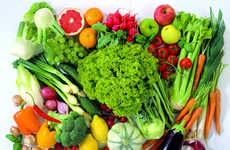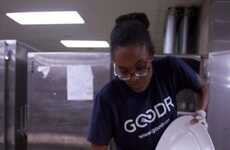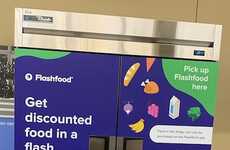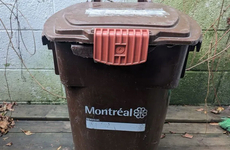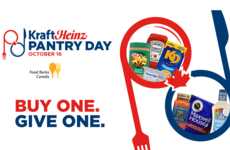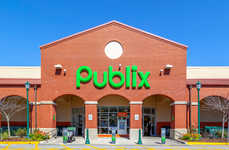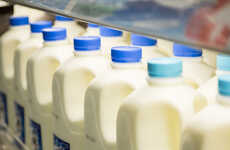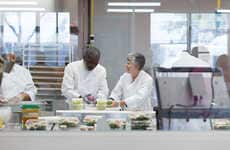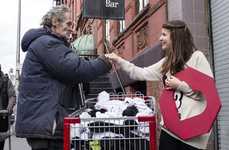
Moisson Montreal's Food Recovery Program Reallocates Usable Goods
Laura McQuarrie — August 1, 2015 — Eco
References: moissonmontreal.org & treehugger
As an organization that's responsible for running Canada's largest food bank, Moisson Montreal began a food recovery program that is cutting down on huge amounts of food waste.
The initiative involves partnerships with local grocery stores and it simply reallocates food that stores would otherwise discard on a normal basis. Since the project began, Moisson Montreal and its grocery store partners have been responsible for redistributing more than 197 tons of meat, 137 tons of goods from the bakery, 52 tons of fresh produce and 148 tons of frozen food items. Meat is one of the most difficult food items to redistribute because of the transportation and refrigeration required, but it is a non-issue for Moisson Montreal.
Now that the program has taken off, it will be implemented across the entirety of Quebec with more participating supermarkets.
The initiative involves partnerships with local grocery stores and it simply reallocates food that stores would otherwise discard on a normal basis. Since the project began, Moisson Montreal and its grocery store partners have been responsible for redistributing more than 197 tons of meat, 137 tons of goods from the bakery, 52 tons of fresh produce and 148 tons of frozen food items. Meat is one of the most difficult food items to redistribute because of the transportation and refrigeration required, but it is a non-issue for Moisson Montreal.
Now that the program has taken off, it will be implemented across the entirety of Quebec with more participating supermarkets.
Trend Themes
1. Food Waste Reduction - Opportunities for innovative solutions to reduce food waste through redistribution programs.
2. Partnerships with Grocery Stores - Disruption potential in forging strategic partnerships with grocery stores to reallocate surplus food.
3. Scaling Food Recovery Programs - Potential for disruptive innovation in scaling food recovery programs to larger regions or countries.
Industry Implications
1. Food Retail - Food retailers can explore partnerships with food recovery programs to address food waste and improve their sustainability efforts.
2. Logistics and Transportation - Disruptive opportunities in developing efficient logistics and transportation solutions for redistributing surplus food items.
3. Food Services - Food service providers can explore implementing their own food recovery programs to reduce waste and contribute to community welfare.
4.4
Score
Popularity
Activity
Freshness

